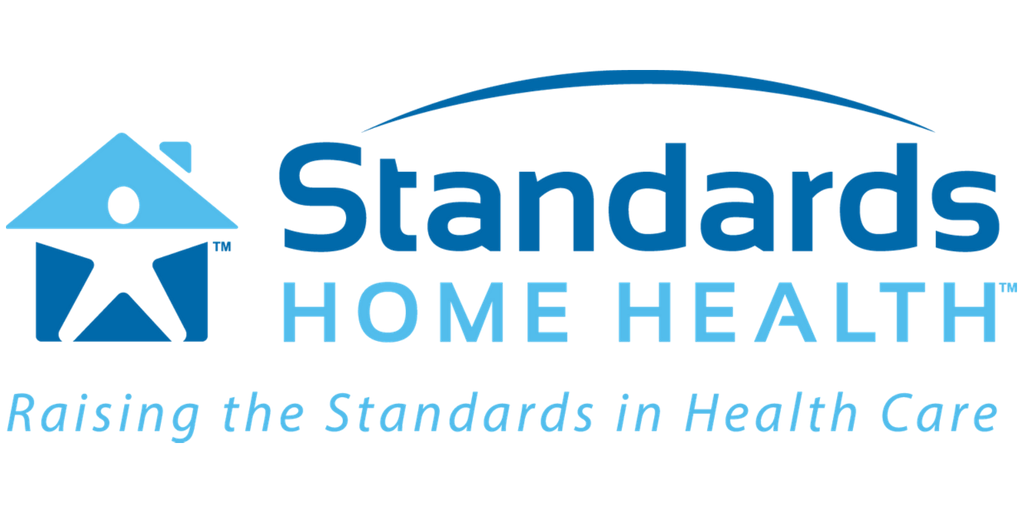Are you experiencing healthcare worker burnout?
With the strain and stress in the world due to the Coronavirus pandemic, the healthcare industry is seeing much more worker “burnout” than in previous years.
Healthcare personnel and first responders have reported an increase in physical, emotional and mental exhaustion due to the COVID-19 breakout. Clinicians are faced with work that is risky, heart-rending and physically exhausting while dealing with crises of ICU bed capacities, shortage of personal protective equipment, and staff shortages.
A “burnout” can negatively impact the care provided to patients, along with one’s own self-care.
The Centers for Disease Control and Prevention (CDC) listed that burnout may include symptoms such as:
Feeling irritation, anger, or denial
Feeling uncertain, nervous, or anxious
Feeling helpless or powerless
Lacking motivation
Feeling tired, overwhelmed, or burned out
Feeling sad or depressed
Having trouble sleeping
Having trouble concentrating
Experiencing or witnessing life threatening or traumatic events impacts everyone differently. Compassion fatigue and burnout may also result from chronic workplace stress and exposure to traumatic events, like many seen during the COVID-19 pandemic.
A few ways to cope and stay resilient through burnout are with communication and self-care.
Communicate with your coworkers, supervisors, and employees about job stress: Don’t be afraid to put your feelings out there, you are most likely not the only one that feels that way, and it will feel got to “get it off your chest”.
Remind yourself that everyone is in an unusual situation with limited resources.
Ask about how to access mental health resources in your workplace.
Keep a daily routine when possible, as close as you can anyways, getting adequate sleep, eating healthy, and taking breaks.
When away from work, get exercise and spend time outdoors either being physically activity or relaxing. Do things you enjoy during non-work hours.
Shift your perspective: Some things are out of your control, so just worry about the thing you can change. Remember, you are making a difference in the world and in your patients’ lives.
Truly, burnout can occur in any kind of profession, so all workers should be mindful and make self-care a part of daily routines.
Written by: Marie Bakken


